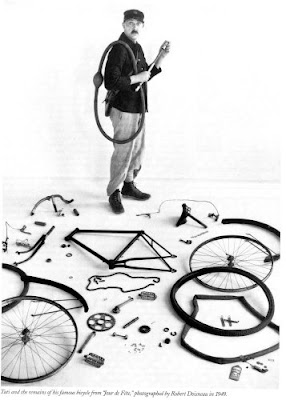Last night in Belmont, MA, I attended the screening of a stimulating documentary film "Encounter Point", an award-winning new film about Palestinians and Israelis who are reaching across the border to engage the other side in dialog about nonviolence. The film focuses heavily on a group that brings together family members who have lost a loved one to the P-I conflict - who are working towards a commitment to nonviolence to prevent others from suffering the same loss in the future. The film will be released as a DVD this spring, and venues are being solicited for more screenings.
Two pieces in particular have stayed in my mind.
One Israeli father, war veteran who lost a daughter to a bombing in Israel, asserts that if the families who have lost that which is most precious to them don't see a place for revenge and violence in the Palestinian/Israeli future, why should others find it to be a good bargain? It has me thinking about how policy, political, military decisions are made. How often do our decision-makers follow their arguments down to the resulting bereavement of families, the killing of individuals, civilians and soldiers alike, and recognize the effect on whole networks of loved ones? How does a leader come to the place where they feel justified to make a decision for others to reach a political goal in exchange for such damage in the face of reaction like the Israeli father's?
Another affected interviewee states that their reaction to the violence affecting them is no longer personal, but is now collective. How do we mobilize others to look beyond their immediate reaction to the effect this reaction has on the continuation of conflict or misunderstanding, how to enable the "what if we all behaved that way" state of mind? Applies not only to violence/peacemaking, personal vs collective applies in so many areas.
Finally, in an Q and A session with the director after the screening, she noted an important point that was not made clear in the film, but could be, that those engaged in the Palestinian/Israeli dialogue of reconciliation and nonviolence often don't agree on solutions, political or otherwise, but still manage to commit to a nonviolent path to explore solutions.
The JustVision website seeks to spotlight organizations and individuals engaged in this work.
Monday, January 15, 2007
Subscribe to:
Post Comments (Atom)


No comments:
Post a Comment